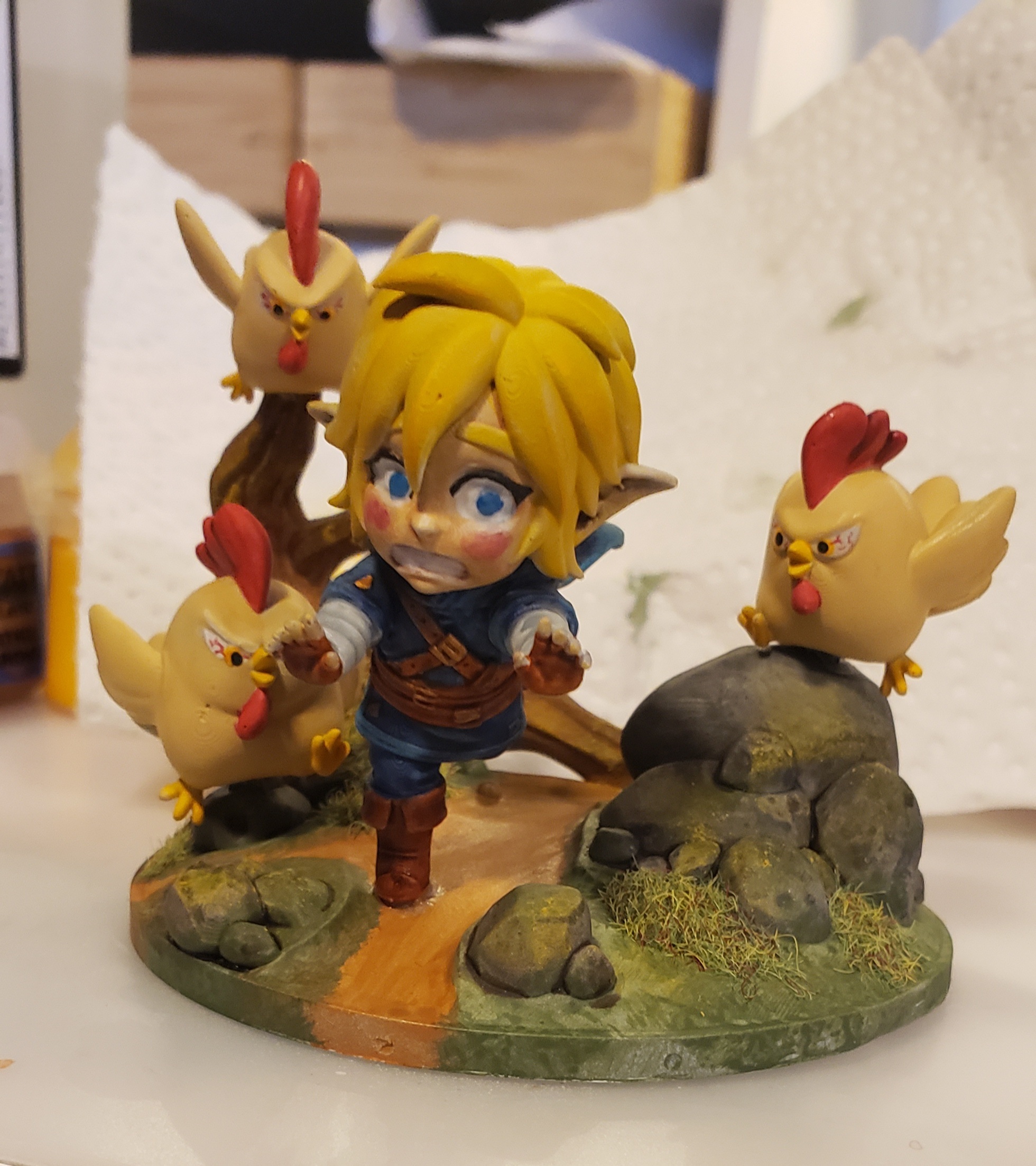- cross-posted to:
- vegancirclejerk@lemmy.vg
- cross-posted to:
- vegancirclejerk@lemmy.vg
Yep for those curious how it harms native bees:
But scientists say competition with honey bees may also play a role. In a 2017 report in Conservation Letters, researchers calculated that during three months, honey bees in a typical 40-hive apiary collect the equivalent amount of pollen and nectar as 4 million solitary wild bees. “Brilliant foragers,” honey bees can “dominate floral resources and suppress native bee numbers,” says lead author Jim Cane, a retired federal biologist who heads the nonprofit WildBeecology.
Honey bees also carry diseases that can infect natives, including deformed wing virus and the parasite Crithidia bombi. Researchers have found that native bees near apiaries can suffer a high incidence of such illnesses.
Also some fun facts: most North American native bee species don’t even live in hives or produce honey for themselves at all. They also almost never sting too
Unlike honey bees, more than 90 percent of our nearly 4,000 native bee species live not with other bees in hives but alone in nests carved into soil, wood or hollow plant stems. Often mistaken for flies, the majority are tiny and do not have queens or produce honey. Without a hive’s larvae and food supplies to defend, “native bees almost never sting,” Mizejewski say
https://www.nwf.org/Home/Magazines/National-Wildlife/2021/June-July/Gardening/Honey-Bees
So just like European settlers they took all the resources and gave the natives bee smallpox.
deleted by creator
I’ve seen some of these tiny bees pollinating my tomato plants!
I have a few ground-nesting bees buddies in the yard.
They’re chill and I see them pollinating my garden now and then.
They’re now part of the family and I’ll knock some sense in any guest who tries to harm them.I was planning to keep bees, until someone informed me that honey bees outcompete native bumbles.
And I fucking love bumbles.
So now I’m modifying the garden to be bumble friendly, and living without enormous amounts of honey.
i wonder what other invasive from europe endangers natives
Cannot tell if a serious statement or sarcastic. But sure, there are many invasive species from Europe all over the world. Just as there are many invasive species from all over the world in Europe. And they threaten native species all over the globe. Habitat loss and climate change are probably much bigger concerns to endangered species though… What’s so insidious about honeybees is what’s mentioned in the meme as well, that they are easily economically exploitable so that companies like to focus their environmental programs on them instead of actually endangered species. Also, people tend to like relatable animals much more so most public campaigns to save endangered species are related to cute or anthropomorphized animals.
It’s a joke, they’re talking about white people.
Hahaha lol, I didn’t catch that at all but now it is pretty obvious
It probably doesn’t happen too often… Right?

deleted by creator
Bees collect nectar for nutrition and they collect pollen as their protein source. These activities pollinate as a by-product. Honey bees collect a lot of nectar to refine into honey to survive the winter months. This makes the honey bee ideal for some flowering plants which have a lot of nectar that the honey bee needs. Many native species have short lifecycles. Some only during a bloom of a particular flower. This is why native bees make better pollinators as a whole. Honey bees pass up many flowers that have little benefit to them as a nectar source. Native bees collect the pollen that would be undisturbed by the honey bee.
Invasive honey bees are less effective pollinators for most native plants than native bee species. However, they indeed consume a lot of nectar, leaving less for the native bees to survive.
Admittedly, it’s not a simple relationship, but between increased competition and fewer resources due to landscape changes, it’s not necessarily a good one.
“Ecosystem Services” as an industry term makes me see red. Greenwashing at it’s finest.
deleted by creator
That seems a bit like complaining that cattle are replacing native deer.
They may occupy the same niche, but one feeds people and the other does not.
Yeah but people don’t make a big deal about “save the deer!” and then start a cattle ranch
When people talk about saving the bees they usually mean the ones responsible for feeding us.
Because deer are also invasive and aren’t needed for cattle breeding. Not a great analogy
Well, I think the insidious problem about honeybees is that people often say “save the bees” and mean only honeybees. But it is a domesticated species that doesn’t need any saving. Meanwhile endangered species get forgotten altogether.
Peak US defaultism going on in here.
Varroa mite has entered the chat
This is one reason why I love my native lupine plants. They occasionally get honeybee visitors, but I’ve noticed honeybees struggle with getting the flowers open to access the nectar. Bumblebee lands and his big fat body causes the flower to open right up. Gee it’s almost like they co-evolved!
op is anti honey bee …
OP is correct
good










